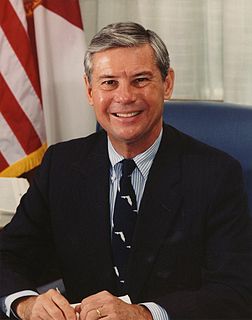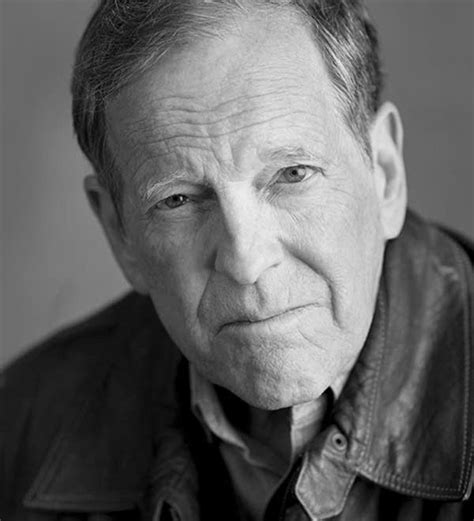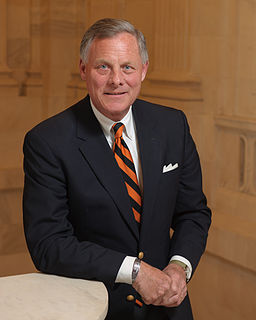A Quote by Noah Feldman
The administration of George W. Bush, emboldened by the Sept. 11 attacks and the backing of a Republican Congress, has sought to further extend presidential power over national security. Most of the expansion has taken place in secret, making Congressional or judicial supervision particularly difficult.
Related Quotes
Trump, of course, has been very wrong in the past about important issues such as President Barack Obama's place of birth and Mexican immigrants, but the Republican frontrunner is correct in saying that former Republican President George W. Bush did not keep the country safe during the 9/11 terrorist attacks.
But perhaps the most important difference between conservatives and liberals can be found in the area of national security. Conservatives saw the savagery of 9/11 and the attacks and prepared for war; liberals saw the savagery of the 9/11 attacks and wanted to prepare indictments and offer therapy and understanding for our attackers. In the wake of 9/11, conservatives believed it was time to unleash the might and power of the United States military against the Taliban.
We thank those Senators, both Republican and Democrat, who stood firm against tremendous pressure from the Bush administration, pro-drilling members of Congress and their allies in the oil industry. They recognize that the budget is an inappropriate place to decide controversial national policy matters like America's energy policy. We urge all members of Congress to remain steadfast in their belief that the vast, unspoiled wilderness of America?s Arctic National Wildlife Refuge is more than a line item in the Federal Budget.
There's been a lot of talk about how bad the reporting was, particularly with the George W. Bush Administration after 9/11. The general assumption, which I think is a valid one, is that a lot of the major media were on their heels a little bit and prone to share the grief of the nation and to give Bush all the support it could.
A new book by 'New York Times' reporter Charlie Savage, 'Power Wars,' suggests that there has been little substantive difference between George W. Bush's administration and Obama's when it comes to national-security policies or the legal justifications used to pursue regime change in the Greater Middle East.
I am not sure that I know enough about the pre-history of 9/11 to agree or disagree. But I did think at the time that the [George W.] Bush administration took a number of cues from the Israeli government, not only by drawing on and intensifying anti-Arab racism, but by insisting that the attack on US government and financial buildings was an attack on "democracy" and by invoking "security at all costs" to wage war without a clear focus (why the Taliban?), and by suspending both constitutional rights and the regular protocol for congressional approval for declaring war.



































